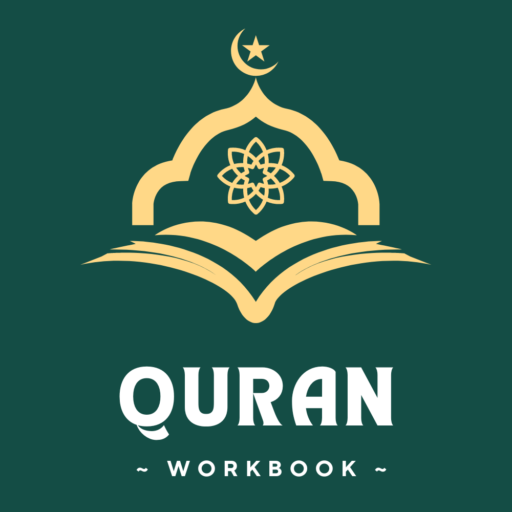The Power of Context in Understanding the Quran
In our journey to understand the Quran, context is everything. Often, readers may find themselves lost in translation or confused by verses that seem out of touch with today’s world. This is where the power of context—historical, cultural, and linguistic—comes into play.
Historical context provides the backdrop against which specific verses were revealed, offering insights into the challenges and circumstances faced by the early Muslims. Understanding these conditions can illuminate the wisdom of the Quran and its guidance in resolving contemporary issues.
Linguistic context involves the Arabic language nuances that are sometimes lost in translation. Arabic, with its rich vocabulary and grammar, conveys layers of meaning that single translations might not capture. Exploring these linguistic subtleties can deepen our appreciation and understanding of the Quran’s messages.
Lastly, cultural context helps us grasp how societal norms and values influenced the interpretation and implementation of Quranic teachings. By understanding the culture of 7th century Arabia, we can distinguish between universal teachings of the Quran and their historical applications, which may vary in modern contexts.
By incorporating context into our study of the Quran, we enrich our understanding, making it a truly transformative experience. This approach allows us to apply its timeless wisdom to solve modern-day problems, ensuring that the Quran remains a relevant and guiding light in our lives.

